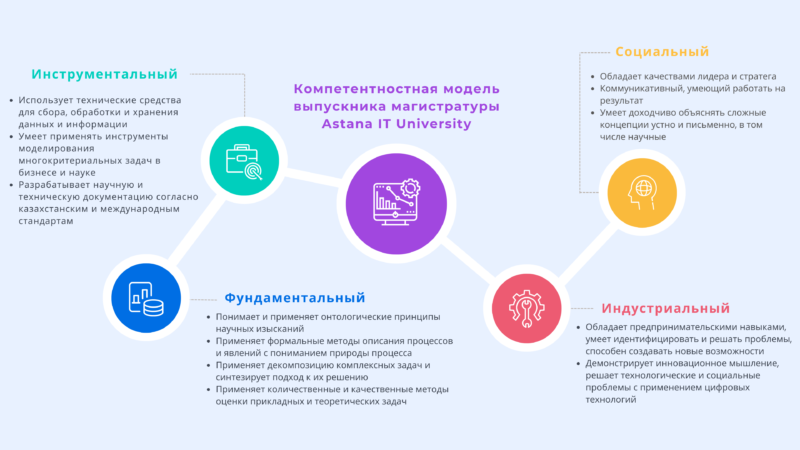The course covers: Animation: animation types and methods for creating them, tools for creating 2D animation and morphing. Rendering: mapping techniques, fractal methods for segmenting texture images. 3D, virtual environments (VR) and visualization: different 3D interaction models, 3D and VR equipment, VR capabilities and limitations, methods, tools. Visualization. Multimodal interfaces: several modes of interaction, sound interfaces, tactile sensations. Human visual perception system: color, perceptual graphics.


